Google have now finally unveiled their new cloud gaming service named Stadia, offering instant access to play games in Google Chrome.
What they joked was the worst-kept secret in the industry (no kidding), sounds like quite an interesting service. Certainly one that could eventually end up redefining what gaming is. A little hyperbolic maybe? I'm not so sure considering how easy this should be to jump into a game. On top of that, they very clearly talked about how it's built on Linux (Debian specifically) and Vulkan with custom GPUs from AMD.
Something they showed off, was how you could be watching a game trailer with a button to play it on Stadia and (supposedly within a few seconds) you would jump right into it. That's quite en exciting idea, one that would easily pull in quite a lot of people I've no doubt.
As for resolution, they said it will support 1080p and 4K around 60FPS at release with 8K being worked on as well but that sounds further out if anyone even cares about 8K right now.
They also showed off their new controller, with a dedicated Google Assistant button and a button to capture video immediately for YouTube:
While Google are making their own dedicated gamepad, they did say it will be compatible with other devices too.
They also announced partnerships with both Unity and Unreal Engine and Stadia will "embrace full cross-platform play" including "game saves and progression". They also had id Software, talk about how it didn't take long to bring the new Doom Eternal to Stadia, thanks to how they made the previous Doom game with Vulkan.
This means, that development for Linux is suddenly going to become a priority for a lot more developers and publishers. I don't want to overstate how important that is, but it's a very exciting prospect. This doesn't suddenly mean we're going to see a lot more Linux games on the desktop, but it's entirely possible after they go through all the work to get the games working on Linux with Vulkan for Stadia.
Stream Connect is another service they talked about. They mentioned how developers have pushed the boundaries of gaming but often local co-op is left out, as doing it multiple times in top-end games can require really beefy hardware. With Stadia, each instance would be powered by their servers so it wouldn't be such an issue. They also talked about how if you're playing some sort of squad-based game, how you could bring up their screen to see what they're doing which sounds very cool.
Google also announced the formation of their own game studio, Stadia Games and Entertainment, to work on exclusive games for their new service.
As for support from more external game developers, they mentioned how they've shipped "development hardware" to over 100 developers. From what they said, it should be open to smaller developers as well as the usual AAA bunch.
Stadia is confirmed to be launching this year and it will be first available in the US, Canada, UK and "most of Europe". One thing wasn't mentioned at all—price, but they said more details will be available in the summer. The official site is also now up on stadia.com and developers have their own website to look over.
Google also posted up some extra information on their developer blog:
Google believes that open source is good for everyone. It enables and encourages collaboration and the development of technology, solving real-world problems. This is especially true on Stadia, as we believe the game development community has a strong history of collaboration, innovation and shared gains as techniques and technology continually improve. We’re investing in open-source technology to create the best platform for developers, in partnership with the people that use it. This starts with our platform foundations of Linux and Vulkan and shows in our selection of GPUs that have open-source drivers and tools. We’re integrating LLVM and DirectX Shader Compiler to ensure you get great features and performance from our compilers and debuggers. State-of-the-art graphics tools are critical to game developers, and we’re excited to leverage and contribute to RenderDoc, GAPID and Radeon GPU Profiler — best of breed open-source graphics debugging and profiling tools that are continually improving.
There's probably plenty I missed, you can see their video on YouTube here.
As exciting and flashy as it sounds, it's obviously not Linux "desktop" gaming which is what the majority of our audience is likely interested in. However, things change and if it does become a huge hit we will cover it more often if readers request it. Linux gaming can mean all sorts of things from native games to emulators, Wine and Steam Play and now perhaps some cloud gaming so I don't want to rule it out. However, I can't see this replacing Steam, Humble, GOG, itch.io and so on for me personally.
Obviously there’s still a lot of drawbacks to such a service, especially since you will likely have zero ownership of the actual games so they could get taken away at any time when licensing vanishes. At least with stores like Steam, you still get to access those games because you purchased them. Although, this does depend on what kind of licensing Google do with developers and publishers, it might not be an issue at all but it’s still a concern of mine. Latency and input lag, are also two other major concerns but given Google's power with their vast networks, it might not be so bad.
Also, good luck monitoring your bandwidth use with this, it's likely going to eat up a lot all of it. YouTube and Netflix use up quite a bit just for watching a 30-minute episode of something in good quality, how about a few hours per day gaming across Stadia? Ouch.
That doesn't even address the real elephant in the room, you're going to be giving Google even more of your data if you use this service, a lot more. This is the company that failed to promptly disclose a pretty huge data leak in Google+ after all. I don't want to be some sort of scaremongering crazy-person but it's something to think about.
As always, the comments are open for you to voice your opinion on it. Please remain respectful to those with a different opinion on the matter.
That feeling when OnLive begins to trend with #Stadia ...
Interresting read on the subject:
https://www.theverge.com/2012/8/28/3274739/onlive-report
So will there be an "export to Stadia" apart from the already existing Linux
Could be if Stadia follow some standard Linux configuration (probably a heavy modified Debian)
However, I'm not ready to provide more data to Google. If you hesitated to give them your browsing behaviour, you should really really think about what's all your gaming decisions to them!
Streaming might become interesting as soon as Valve gets into it.
But there is another aspect that must not be forgotten. Many stay with Windows because they can simply play their games there. Maybe one or the other will switch to Linux soon, because he will be able to play his games OS-independently in his browser.
Last edited by KuJo on 19 Mar 2019 at 8:20 pm UTC
If Google is starting from scratch and relying on development of Stadia-specific games, then that is going to be a hard sale to get many developers on board. I mean, look at the near non-existant app ecosystem for Chrome OS, that needs an Android runtime and Linux VM (Crostini) to gain any real apps because the Chrome Web Store contains mostly garbage web apps and games and it's APIs are now deprecated for apps (only extensions have a future).
Or is this just Google using Debian as a VM host to run Windows 10 guests w/ GPU passthrough, where the games will run inside Windows and get streamed in the cloud?
Last edited by Xaero_Vincent on 19 Mar 2019 at 8:50 pm UTC
But, I hope it doesn't do well enough to cannibalize the normal game industry. IMO chances are it won't, because of latency problems and so on. Google is huge, but I don't think they're huge enough to bully all the ISP corporations in North America, Britain etc. into building proper broadband. It'll be fine for some, but for many it won't. I'm sure not going to use it personally, not my thing at all for reasons people have pointed out.
One question . . . so, say you release a game built to run with Vulkan on a Debian server. Anyone know just how close that is to releasing the same game to run as a normal desktop Linux game? Feels to me like it must be pretty close, meaning once you've done the first you might as well do the second (barring issues like not feeling like spending money on support). But I don't know enough to be sure of that; could someone enlighten me?
Or is this just Google using Debian as a VM host to run Windows 10 guests w/ GPU passthrough, where the games will run inside Windows and get streamed in the cloud?I don't think Vulkan would be such a big deal if it were that. Plus they're going to have enough speed issues with streaming stuff without running everything in VMs.
Last edited by Purple Library Guy on 19 Mar 2019 at 8:57 pm UTC
Or is this just Google using Debian as a VM host to run Windows 10 guests w/ GPU passthrough, where the games will run inside Windows and get streamed in the cloud?I don't think Vulkan would be such a big deal if it were that. Plus they're going to have enough speed issues with streaming stuff without running everything in VMs.
Interesting. Well there are very few Vulkan games for Linux now. It's seems like it would get very expensive if Google was paying game developers directly to port to Linux for their service. Perhaps Project Stream's Assassins Creed Odyssey was playing on Debian with Wine Staging + DXVK and therefore running via Vulkan?
Games running on Stadia are primarily native. Yeap, engines you never dreamed would support Linux, now do thanks to Google.
As Stadia has its own SDK, porting from Stadia to Desktop means adding SDL support and supporting the desktop swapchains. Personally, I think the biggest hurdle with desktop support would be testing and bug fixing, as with Stadia the game is really just tested on AMD. That said, as a desktop Linux gamer myself, I'm certainly hoping this would help get us more AAA games. :) If nothing, all the open source work means better mesa, faster kernel, more advanced profilers etc which are all good for our cause.
Regarding Google and data, believe me, Google is the farthest from evil.
Disclaimer: I work at Google (though not on Stadia), previously Eidos Montreal (Shadow of the Tomb Raider).
Games running on Stadia are primarily native. Yeap, engines you never dreamed would support Linux, now do thanks to Google.
As Stadia has its own SDK, porting from Stadia to Desktop means adding SDL support and supporting the desktop swapchains. Personally, I think the biggest hurdle with desktop support would be testing and bug fixing, as with Stadia the game is really just tested on AMD. That said, as a desktop Linux gamer myself, I'm certainly hoping this would help get us more AAA games. :) If nothing, all the open source work means better mesa, faster kernel, more advanced profilers etc which are all good for our cause.
Regarding Google and data, believe me, Google is the farthest from evil.
Nice! So with "primarily", at least some games might be using something like Wine though? If so that would be good news, because then Google might be able to put their weight and push BattlEye and Easy Anti Cheat to behave with Wine if or when popular battle royale games hit the service.
Regarding Google and data, believe me, Google is the farthest from evil.You mean among its likes? Or in absolute terms?
I might just be the biggest sceptic, but I doubt this is going to increase the number of games being developed for Linux... That being said, for those who don't care about the issues it brings (Google ecosystem and such), this will allow Linux users to be able to play the latest AAA games and some indie titles that aren't released for Linux but are made available on Stadia.. I'm still very pessimistic about this being very beneficial to native Linux gaming.
You kind of addressed your own issues, but I largely agree. At least initially, I think we'll see simultaneous streaming and "store" releases, and we might not get more Linux games there, but I think streaming is where everyone is going and stores as we know them will go away. Google might be bringing the most tech first, but NVIDIA is already themselves in this streaming service space and it seems pretty obvious to me that Valve (hello Proton) is racing there too with perhaps a different technical solution (they need not only a streaming service of the future, but need to leverage as much as their existing library and base as well). And there are always rumors that Amazon is working on something too.
I've argued for a long time (search GOL archives!) that in 5 or 10 years the majority of gaming would be streaming, and that we'd view buying games on an online "store" with as much quaint nostalgia as going to a Gamestop to buy a boxed game would have now (or a Blockbuster to "rent" a DVD or tape). This will obviously be terrific for Linux (and Mac, and anything not Windows) gaming as it takes the user's platform out of the equation. Proton was our gateway drug to getting there, streaming will take us all the way...
Addendum: Think about how worried about the Epic Store all of us have been lately (myself included), when that feels like a bb-gun now to Google's gaming bazooka.
Last edited by iiari on 19 Mar 2019 at 9:36 pm UTC
Nice! So with "primarily", at least some games might be using something like Wine though? If so that would be good news, because then Google might be able to put their weight and push BattlEye and Easy Anti Cheat to behave with Wine if or when popular battle royale games hit the service.
I honestly don't know if there would be any game that's emulated.
But what's the point of anticheat on a game running on a controlled server?
Unity and UE developers getting strongly incentivized to improve their Linux support is fantastic. That alone is good enough news for me.
I'm not too sure they will improve Linux support. I expect it to be something more along the lines of adding support for Stadia. I get the feeling that Stadia won't be pure Linux, in the same way you can't say Android is Linux - developing for Android isn't developing for Linux. I'd be glad to be proven wrong when they actually release this.
While it will have it's own, non-SDL, non X SDK, there will definatly be a whole bunch of synergic effects. And I wouldn't be surprised if SDL would be ported to Stadia in the long run. Why not?
It will have a linux like filesystem, a linux kernel running under it, open source AMD drivers empowering it and last but not least Vulkan. There will be a bunch of otherwise windows developers learning to handle those things and a lot of tooling work will be done around it.
Last edited by const on 19 Mar 2019 at 9:39 pm UTC
Last edited by Tuxgamer on 19 Mar 2019 at 9:39 pm UTC
Anyone knows when Stadia will be available for public ?
On the other hand, I don't really expect much else to actually benefit Linux in this endeavor. We've already seen what good the porting of Assassin's Creed Odyssey did for us, and I wouldn't be surprised if Stadia ended up being an altogether different beast than a Linux desktop (like Android, as others have pointed out). For those who don't care about privacy and the other downsides of streaming games, this could be a boon as far as playing "non-Linux" games on a Linux machine goes, but for the rest of us I doubt the AAA's attitudes will change much.
Either way, I don't intend to use this for a few practical reasons and a general distrust of Google, but it's certainly interesting in its own right and if nothing else, I think it will do more good for Linux gaming than if it had not been based on open source.
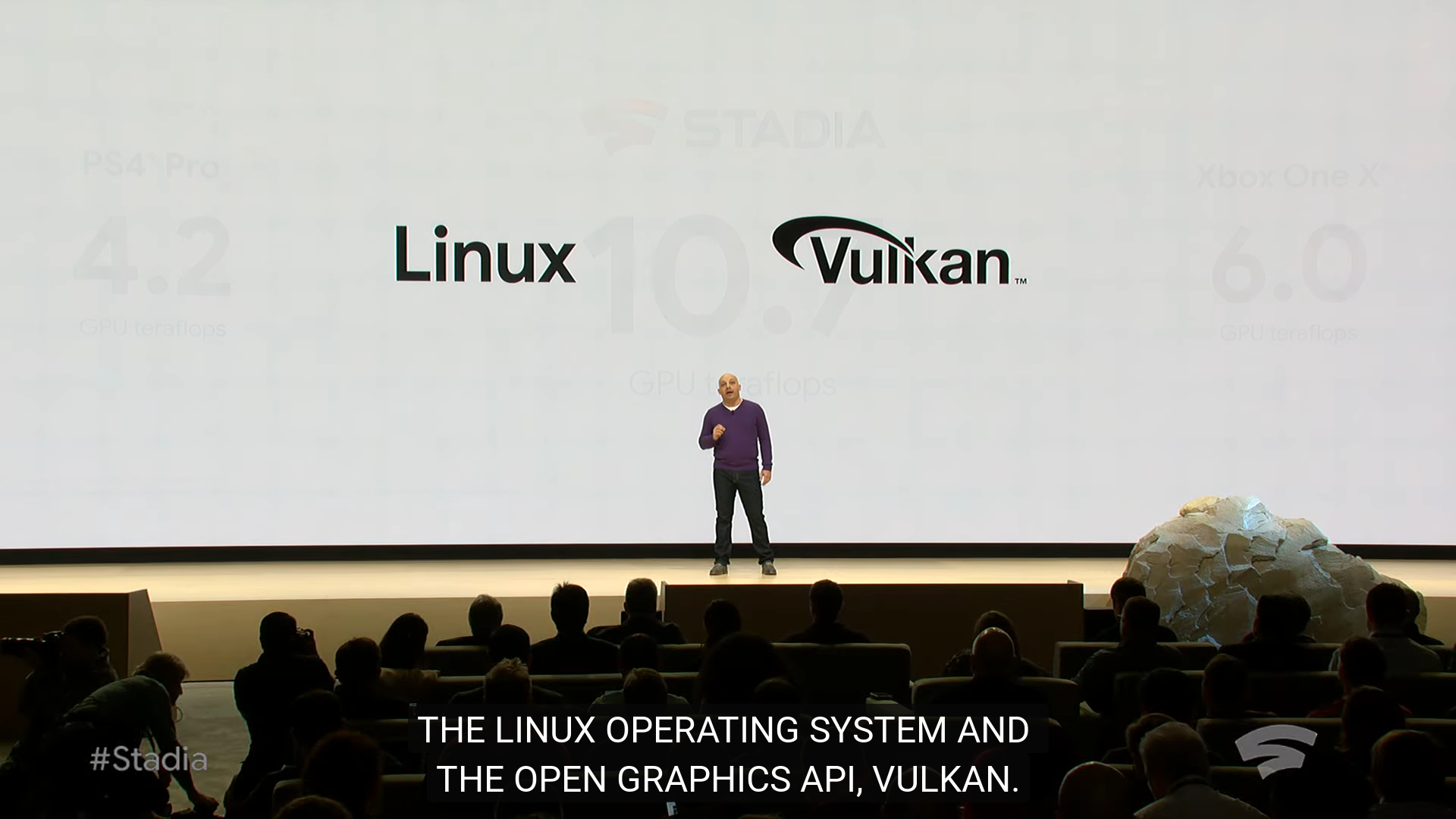
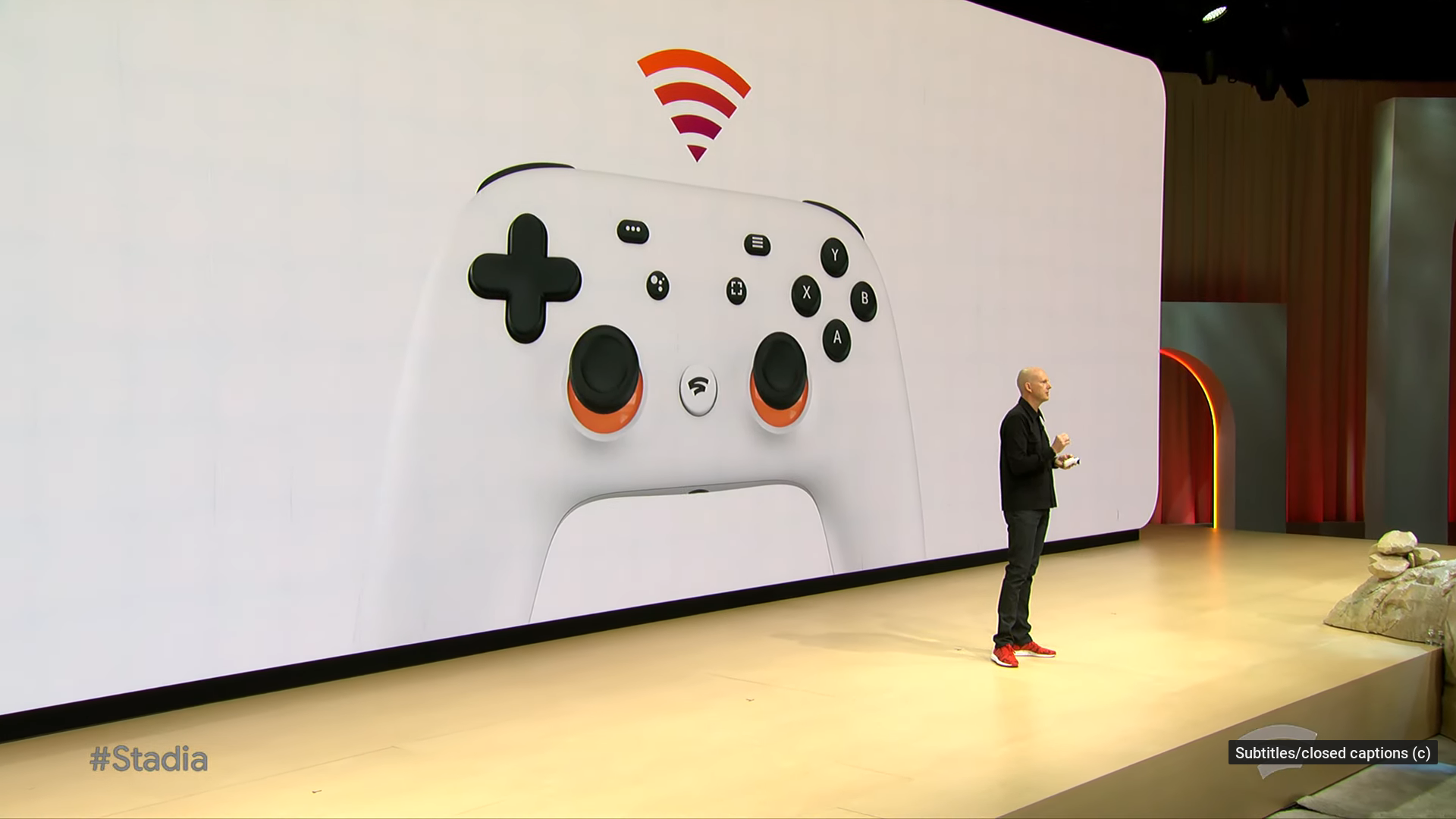
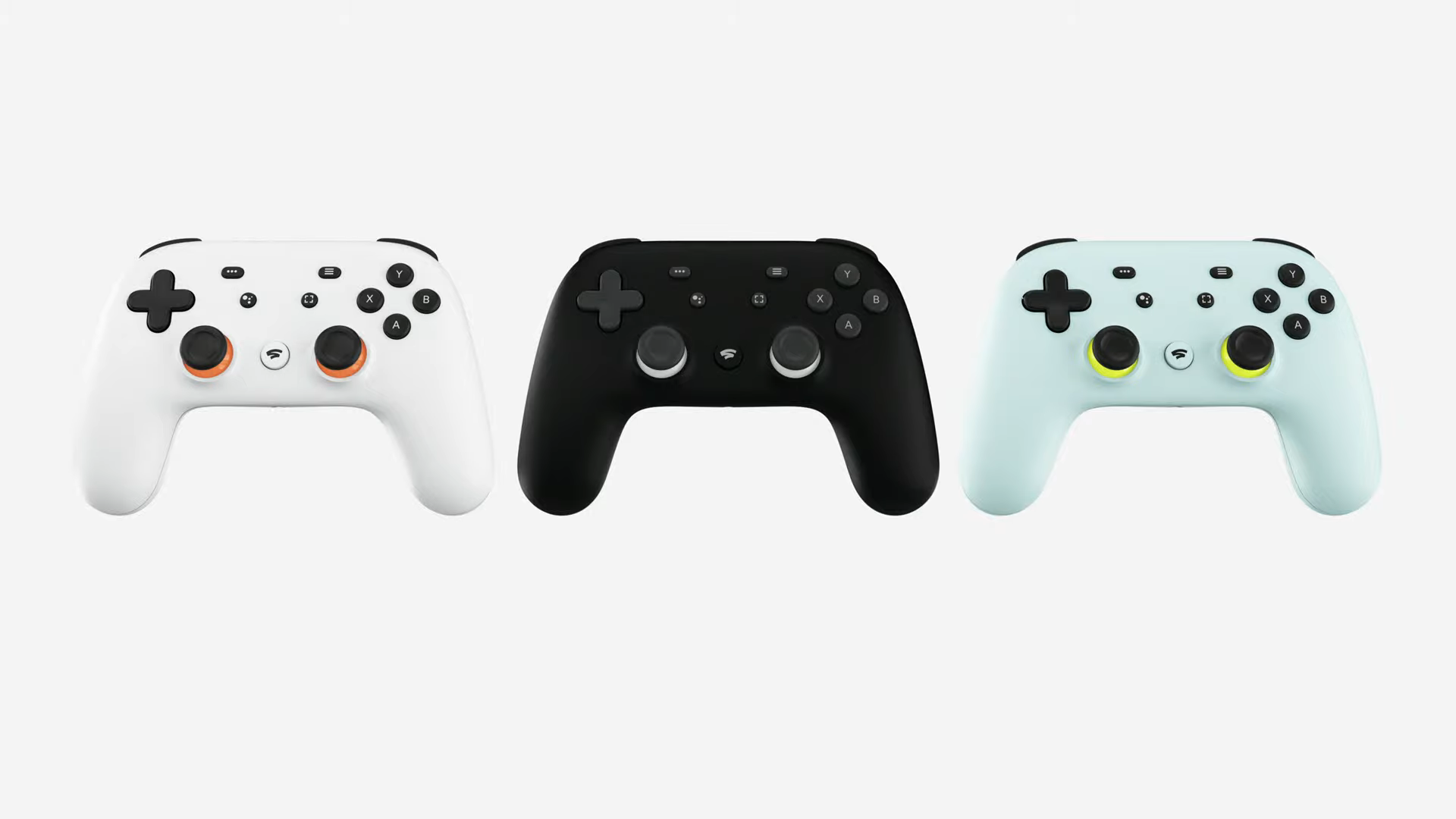
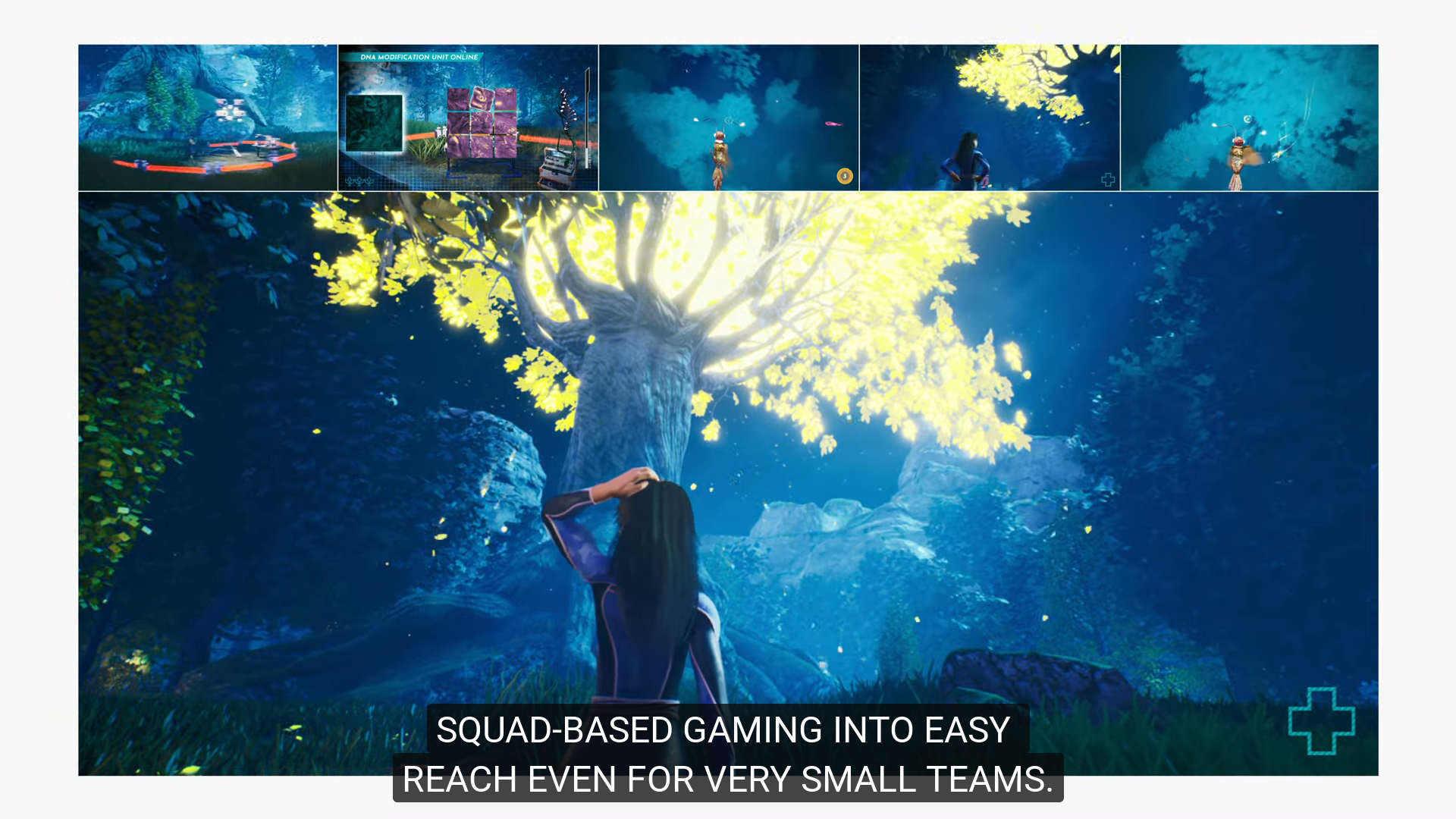
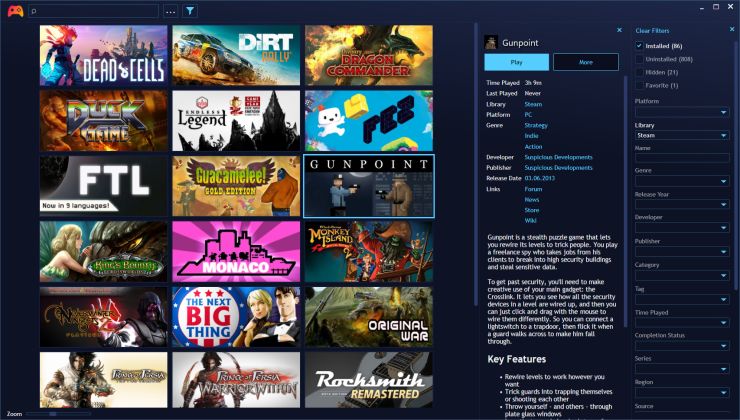

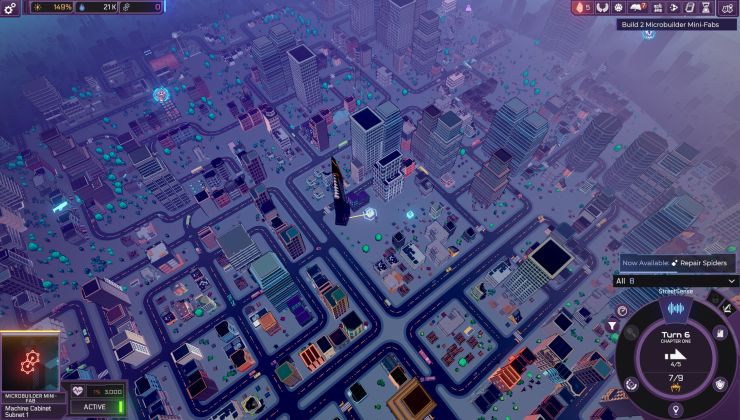
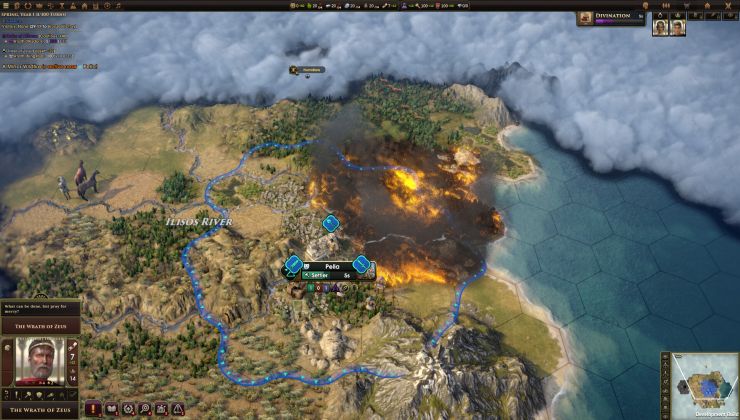







 How to set, change and reset your SteamOS / Steam Deck desktop sudo password
How to set, change and reset your SteamOS / Steam Deck desktop sudo password How to set up Decky Loader on Steam Deck / SteamOS for easy plugins
How to set up Decky Loader on Steam Deck / SteamOS for easy plugins
See more from me